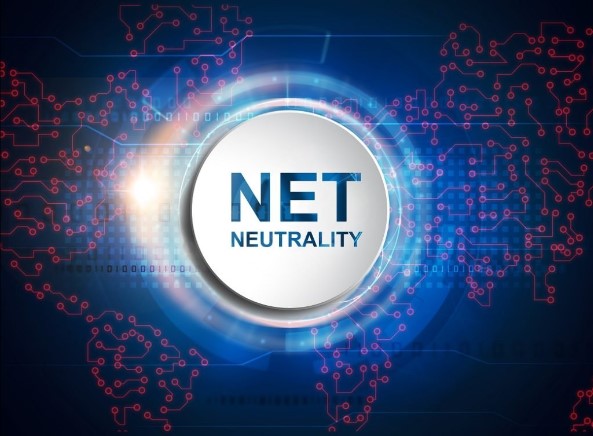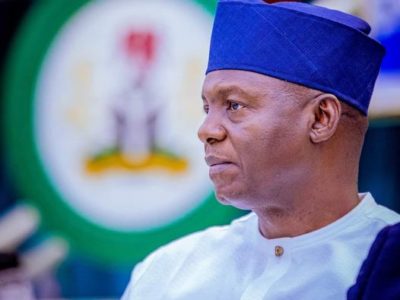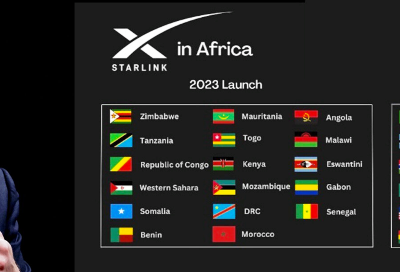Strand Consult Research Note Part 1 offers five out of ten insights on the next chapter of the net neutrality wars in the US and around the world. Read next five of the ten things in Strand Consult Research Note Part 2.
Net neutrality is heating up in US. The latest salvo comes from a report issued by the New York Attorney General decrying many alleged fake comments in the FCC’s 2017 net neutrality proceeding.
Strand Consult has studied net neutrality for more than a decade and has chronicled the rulemaking, litigation, and advocacy on the issue around the world. Strand Consult’s 2016 report Follow the money – Net Neutrality Activism Around the Globe identified a core group of US activists, funded by American companies and foundations, which successfully orchestrated “clicktivism” campaigns during regulatory proceedings in the hope of securing net neutrality rules.
For example, the Body of European Regulators for Electronic Communications (BEREC) boasted about receiving more than 1 million comments in one net neutrality proceeding. However, as Strand Consult analysis revealed, at least one-third of the comments came from Americans, raising questions to the authenticity of the proceeding and whether it was an accurate reflection of European sentiment.
Net neutrality advocacy is one part of a larger movement of transnational activism, and it relies on a range of digital marketing tools and techniques to achieve political objectives, whether new rules, votes, or donations. Strand Consult’s customers can get up to speed on these developments by accessing Strand Consult’s library of more than 120 articles on the issue, its free newsletter, and a series of authoritative reports, workshops, or webinars for purchase.
This note describes the first 5 of the 10 things to know about the next chapter of the net neutrality rules in the US and around the world. The next note takes the other 5.
1. State Attorneys General (AGs) increasingly drive national policy along party lines.
State AGs increasingly drive national policy through activism and “adversarial legalism.” The Trump Administration received 138 lawsuits from Democrat State AGs, nearly double the number of suits brought against Obama by Republican AGs (78) and Bush by Democrat AGs (76), who each had 8-year terms. In practice, the blue and red state AGs organize themselves through their respective Democrat and Republican AG associations and conduct regular teleconferences to review litigation and policy strategy. The process works in lockstep, so if a new state AG is elected from the opposing party, the position on the lawsuit is instantly switched. California’s AG, Xavier Becerra, now a Biden’s cabinet member, has participated in the most multistate lawsuits.
California is also on the front lines for creating state-level net neutrality by adopting the FCC’s 2015 rules which had been struck down in court. Following the call of a late-night show host to bombard the FCC during its net neutrality proceeding, the FCC received a record-setting number of comments. In February 2015, then FCC Commissioner Jessica Rosenworcel observed, “Four million Americans wrote this agency to make known their ideas, thoughts, and deeply-held opinions about Internet openness. They lit up our phone lines, clogged our e-mail in-boxes, and jammed our online comment system.” It’s predictable that the NY AG ignored the many comments during an administration to which it aligned, only to challenge them when the party majority changed.
2. The numbers game: Regulators crowdsource comments to boost their visibility.
At any one time, telecom regulators may preside over dozens of proceedings in which various parties submit comments, amounting to a few hundred or few thousand comments. Most of these issues get little to no media exposure or popular attention. Net neutrality has been a godsend for regulatory agencies to stay top of the public mind. Strand Consult’s analysis of the BEREC consultation on guidelines for net neutrality in 2016 revealed that at least one-third of email comments came from Americans in the US who leveraged mailing lists from US activism platform providers AccessNow and Avaaz. The Canadian activist group OpenMedia reported contributing some 30,000 emails. Clicktivists have also been known to inflate their own numbers. For example, the US-funded SavetheInternet.eu reported that more than 500,000 emails were delivered to BEREC. Further analysis revealed that number to be greatly inflated, as SavetheInternet.eu’s platform replicated each email 28 times, one for each of the individual national telecom regulatory authorities of the EU member states.
Clicktivism is not illegal, but it raises the question of whether policy decisions, justified not by their merits but by the numbers, are sound. As the CEO of American Commitment, a conservative group which delivered more than 800,000 comments against the FCC’s actions in 2014 in an effort to demonstrate how email campaigns can be manufactured on demand, observed, “Would the FCC, which is supposed to be an expert agency, actually make policy decisions of enormous consequence for the US economy based on an email plebiscite? It appears they fully intended to, which is frightening.”
3. US activists consistently reject bipartisan legislation which could enshrine net neutrality in law.
Some 50 countries have made net neutrality rules which have remained for at least 5 years and have withstood lawsuit. All these countries have made their rules through legislatures. This requires naming and defining the goals, objectives, and allowable practices. By contrast, US activists have preferred the administrative solution in which the regulator decides whether and how to regulate the internet. The US has flip-flopped on neutrality for almost 20 years, a whiplash which emerges as party majority changes and lawsuits ensue. This has been a fabulous business for law firms and political activists, many who have gifted their children an Ivy League education with the proceeds. They are loath to see a net neutrality law because it would extinguish a potent political force for votes and fundraising as well as a revenue stream.
4. Regulators are reluctant to perform cost benefit analysis
The EU’s net neutrality regime has been in place for five years, and Strand Consult reviews BEREC’s annual reports on compliance across EU nations. European policymakers promised that net neutrality would “guarantee” internet innovation, however, no one can point to any new innovation that is the result of EU’s neutrality policy laws. Indeed, the European Commission claims that the proof that the regulation is working are the innovation clusters around Europe. However, these clusters predate the regulation by more than a decade and exists largely in cities where other efforts to seed startups took place. The Commission offered no form of evidence (quantitative or otherwise) to justify its assertion. Moreover, the EU still suffers an investment gap which has widened in recent years, and the region is behind on 5G. The US invests in networks at twice the level of the EU per capita and leads on many measures of 5G.
5. Is net neutrality needed to stop operators from harming their customers?
Strand Consult also explored net neutrality during the COVID-19 pandemic in a its report US Networks Behavior Under Crisis: Reflections on Telecommunications Regulation during COVID-19. Telecom networks proved vital during the crisis, testing the regulatory assumptions of that “ex ante” rules are required to keep network owners from harming their customers. Contrary to conventional regulatory wisdom which would suggest that network owners would take advantage of the crisis to harm their customers (particularly as regulators were not as their posts as such and network end users are ostensibly “captive” to the network provider), network providers continued service in the face of the crisis without increasing price or decreasing quality. Indeed, some network providers waived fees and promised to keep service running even if subscribers could not pay. This experience has important implications for price control regulation, investment incentives, and sustainability. Telecommunications networks have been through successive periods of regulation, deregulation, and various states of re-regulation, though the crisis happened during a deregulatory period, an important coincidence which supports incentives to ensure network investment, maintenance, and operation. Indeed, by pursuing their investment incentives, private network owners invested heavily in networks and were ready for the crisis when it hit. Having operational networks during the crisis fulfills vital social goals that society can continue under duress: people can work, shop, learn, and received healthcare from home. This is an important counterexample to calls for increased regulation. The experience suggests that the prevailing deregulatory frameworks have worked well.
Strand Consult’s research note on 5 more things to know on the next chapter of net neutrality will follow shortly. To learn more in the meantime, browse Strand Consult’s library of more than 120 articles on the topic. Access Strand Consult’s free report Follow the money – Net Neutrality Activism Around the Globe.
For additional information or to sign up for a workshop or webinar, contact Strand Consult.































